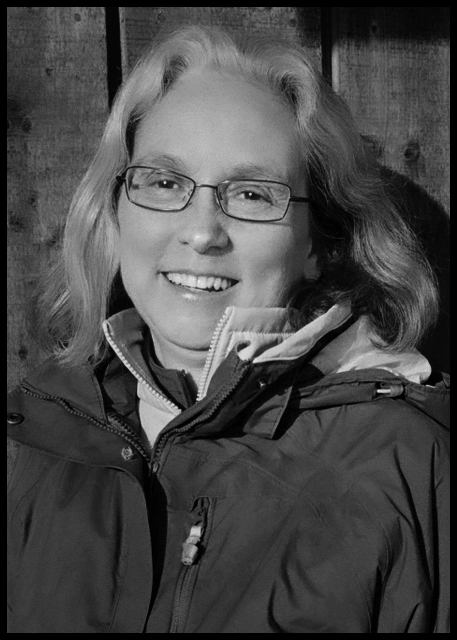Biography
Nancy Lord, a long-time resident of Homer, Alaska, holds a liberal arts degree from
Hampshire College and an M.F.A. from Vermont College of Fine Arts. In addition to
being an independent writer, she fished commercially for many years and later worked
as a naturalist and historian on adventure cruise ships. She is the author of three
short fiction collections and five books of literary nonfiction, and she most recently
edited an anthology (Made of Salmon: Alaska Stories From the Salmon Project, 2016.)
She has also worked in additional genres including poetry, playwriting, book reviews,
op-eds, radio commentaries, and the novel. Her work regularly appears in journals,
magazines, and anthologies. She teaches part-time at the Kachemak Bay Branch of Kenai
Peninsula College, University of Alaska Anchorage and on-line in the graduate science
writing program at Johns Hopkins University. She has won fellowships from the Alaska
State Council on the Arts and the Rasmuson Foundation, a Pushcart Prize, and numerous
artist residencies, and she served from 2008-10 as the Alaska Writer Laureate. When
she's not at her desk, she enjoys beach combing, berry picking, and bird and wildlife
watching.
Teaching Responsibilities
I especially enjoy individual mentoring and assisting students with the discovery
process. I see my teaching role as one of helping to identify possibilities (which
often means breaking old patterns). I love helping to locate the "central question"
to be explored in a piece of writing, and then working with the student on the craft
elements that bring the writing to its fullest meaning. I'm a careful and thorough
manuscript critiquer who fills pages with marginalia, particularly questions, and
I often suggest readings as models for achieving particular effects. (I believe reading
as a writer is an essential part of being a writer.) Although my own writing tends
to be place-based and concerned with scientific and psychological inquiry, I'm interested
in the entire world of ideas that each student is uniquely able to enter and present.
I'm perhaps especially excited to explore with advanced students alternative structures
and cross-genre writing. I also provide one model of a working writer and enjoy guiding
students into futures of reading, writing, publishing, and general participation in
the larger community of writers.










